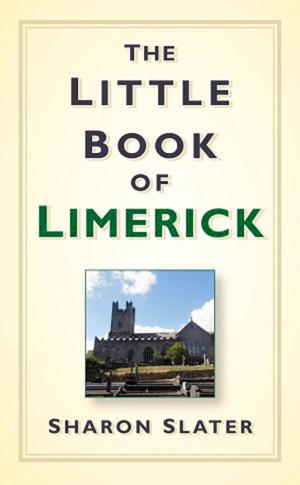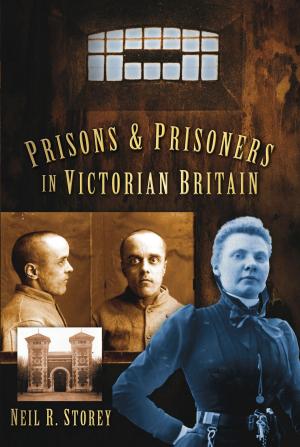Katyn 1940
The Documentary Evidence of the West's Betrayal
Nonfiction, History, Asian, Russia, European General| Author: | Eugenia Maresch | ISBN: | 9780752462554 |
| Publisher: | The History Press | Publication: | December 26, 2010 |
| Imprint: | The History Press | Language: | English |
| Author: | Eugenia Maresch |
| ISBN: | 9780752462554 |
| Publisher: | The History Press |
| Publication: | December 26, 2010 |
| Imprint: | The History Press |
| Language: | English |
The mass murder of 22,000 Poles by the Soviet NKVD at Katyn is one of the most shocking events of the Second World War and its political implications are still being felt today. Information surrounding Katyn came to light with Russian perestroika, which made it possible to disclose a key document indicating the circumstances of the massacre. The bitter dispute is ongoing between the Russian and Polish governments, to declassify the rest of the documents and concede to genocide perpetrated by the Soviets. British “Most Secret” files reveal that Katyn was considered as a provocative incident, which might break political alliance with the Soviets. The “suspension of judgment” policy of the British government hid for more than half a century a deceitful diplomacy of Machiavellian proportions. Katyn 1940 draws on intelligence reports, previously unpublished documents, witness statements, memoranda, and briefing papers of diplomats and civil servants of various echelons, who dealt with the Katyn massacre up to the present day to expose the true hypocrisy of the British and American attitude to the massacre.
The mass murder of 22,000 Poles by the Soviet NKVD at Katyn is one of the most shocking events of the Second World War and its political implications are still being felt today. Information surrounding Katyn came to light with Russian perestroika, which made it possible to disclose a key document indicating the circumstances of the massacre. The bitter dispute is ongoing between the Russian and Polish governments, to declassify the rest of the documents and concede to genocide perpetrated by the Soviets. British “Most Secret” files reveal that Katyn was considered as a provocative incident, which might break political alliance with the Soviets. The “suspension of judgment” policy of the British government hid for more than half a century a deceitful diplomacy of Machiavellian proportions. Katyn 1940 draws on intelligence reports, previously unpublished documents, witness statements, memoranda, and briefing papers of diplomats and civil servants of various echelons, who dealt with the Katyn massacre up to the present day to expose the true hypocrisy of the British and American attitude to the massacre.















